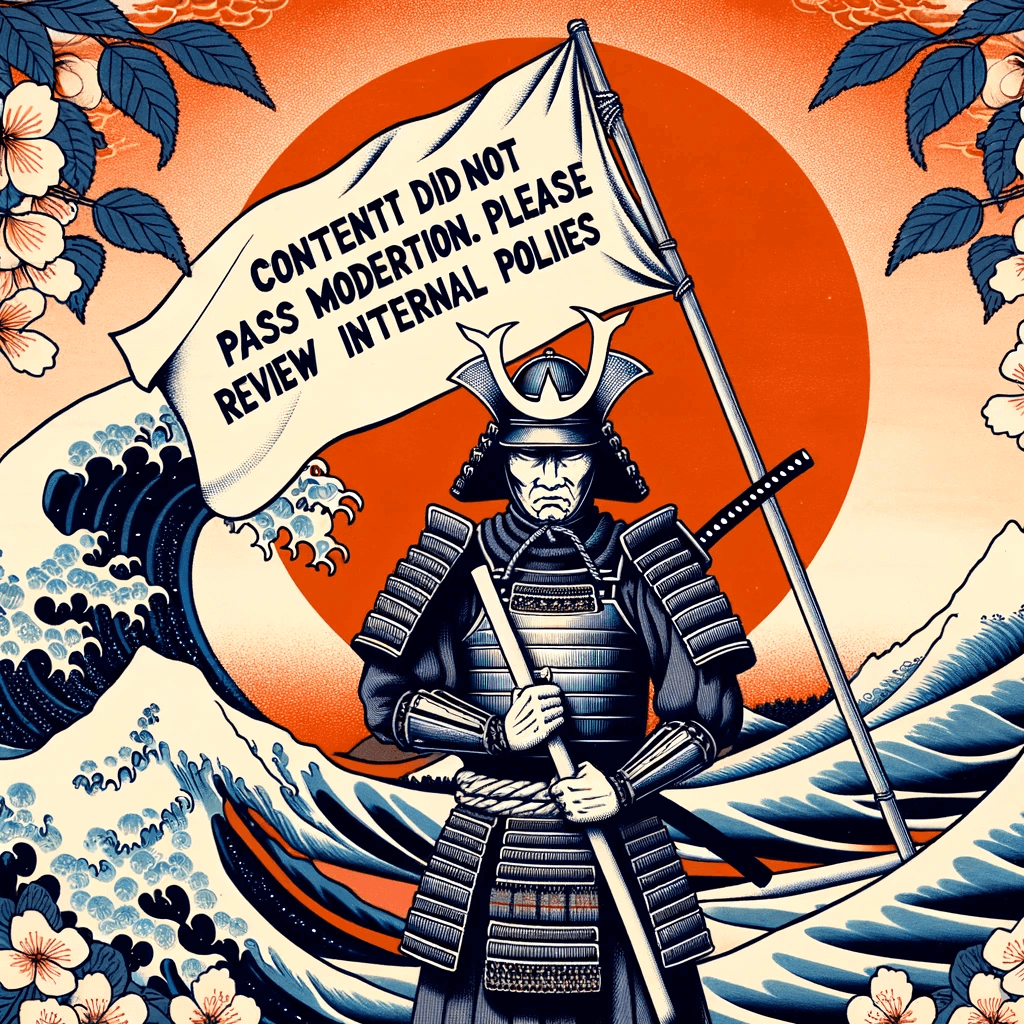

syndu | May 15, 2024, 10:36 p.m.

The concept of Godai, which translates to "Five Great" in Japanese, is a philosophical framework that represents the universe through five fundamental elements—Earth (Chi), Water (Sui), Fire (Ka), Wind (Fu), and Void (Ku). These elements are not merely physical entities but symbolize different states of matter and energy, each with its own unique characteristics and philosophical significance. This introductory post will provide an overview of Godai, its origins, and its profound impact on Japanese culture, arts, and philosophy.
Chi, the Earth element, signifies stability, solidity, and nourishment. It is the foundation upon which the other elements interact and manifest. This post will delve into the historical significance of Chi in Japanese culture and its representation in various disciplines such as pottery, gardening, and architecture. We will explore how Chi's grounding properties have influenced Japanese traditions and how it continues to play a role in modern life.
Sui, the Water element, embodies fluidity, adaptability, and the flow of life. It is associated with emotions, intuition, and the ever-changing nature of existence. In this post, we will examine Water's role in Japanese traditions, arts, and the concept of flow in life. We will discuss how Sui's adaptable nature is reflected in cultural practices and the lessons it offers for personal growth and emotional intelligence.
Ka, the Fire element, represents energy, transformation, and motivation. It is the driving force behind change and progress. This post will explore the transformative power of Fire in Japanese lore and its association with energy, motivation, and cultural practices. We will look at how Fire's dynamic nature ignites passion and creativity, and its impact on festivals, culinary arts, and other aspects of Japanese culture.
Fu, the Wind element, signifies movement, change, and the breath of life. It is associated with agility, freedom, and the invisible forces that influence our lives. In this post, we will examine Wind's role in samurai philosophy, traditional arts, and its symbolic representation in literature and performing arts. We will discuss how Fu's elusive nature teaches us to embrace change and navigate life's transitions.
Ku, the Void element, is the most enigmatic of the Godai elements, representing potential, creativity, and spirituality. It is the space where all possibilities exist and where enlightenment can be attained. This post will delve into the concept of Void, its connection to Zen Buddhism, minimalist aesthetics, and its role in Japanese spirituality and martial arts. We will explore how Ku invites us to look beyond the surface and find meaning in the emptiness that holds the potential for everything.
Japanese architecture is a testament to the integration of Godai principles, creating spaces that are in harmony with nature. This post will investigate how the five elements are incorporated into traditional and contemporary Japanese architecture, focusing on harmony with nature and the balance between built spaces and the elemental forces.
The Godai elements serve as powerful metaphors in Japanese literature, providing a framework for exploring complex themes and character development. This post will explore the use of Godai elements as narrative devices in classical and modern Japanese literature, highlighting prominent works and authors that have woven these elements into their storytelling.
The philosophy and techniques of Japanese martial arts are deeply influenced by the Godai elements. This post will detail the application of Earth, Water, Fire, Wind, and Void in martial arts and strategic thinking, discussing how these elements shape the mindset and practices of martial artists.
The principles of Godai inform Japanese environmental ethics and practices, including conservation efforts and sustainability. This post will discuss the influence of the five elements on the Japanese perspective of nature and the ethical considerations that arise from this elemental worldview.
The presence and reinterpretation of the five elements in modern Japanese culture, including pop culture, technology, and urban planning, will be examined in this post. We will explore how the ancient philosophy of Godai resonates in contemporary society and its impact on various facets of modern life.
This content series, "Godai: The Five Elements of Harmony," aims to educate and inspire a Western audience, offering a window into the elemental forces that shape Japanese philosophy and their integration into culture, arts, and daily life. Each article will be crafted with historical accuracy and cultural sensitivity, engaging readers with relatable and thought-provoking content.